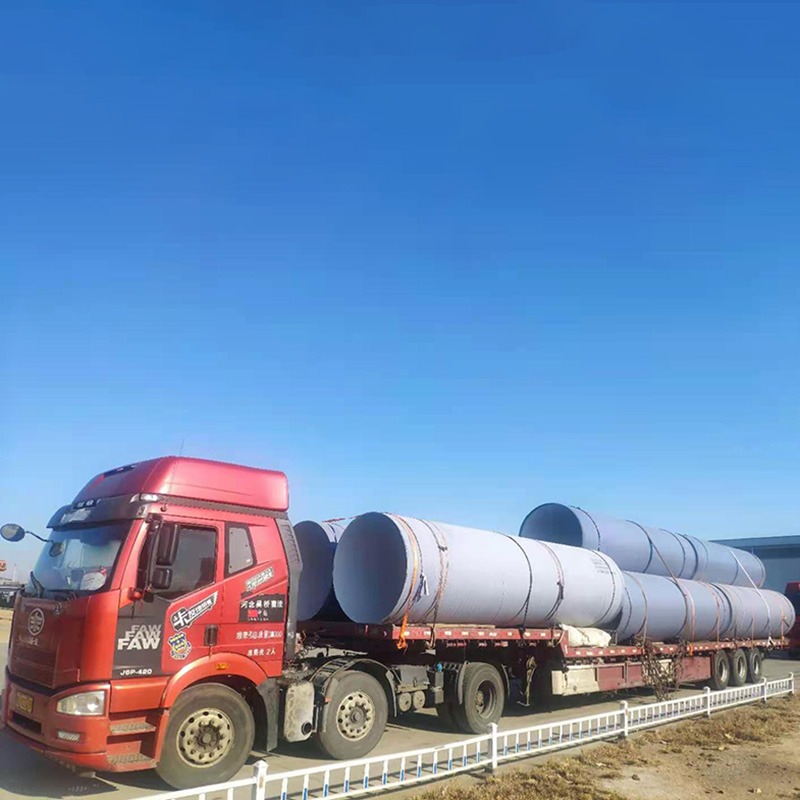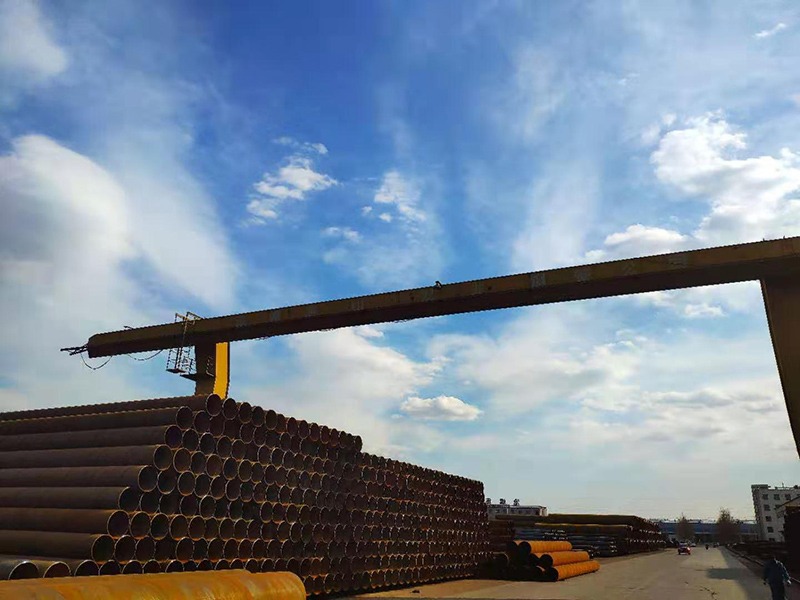In the construction and manufacturing industries, the structural integrity and sustainability of materials are of vital importance. Piles are one such material that play a key role in a variety of applications, especially in the gas industry. This blog will explore how to enhance the structural integrity and sustainability of pipe piles, focusing on their manufacturing process and the importance of high-quality production.
Understanding Piles
Steel tube piles are an essential component in the manufacturing process of spiral welded pipes, especially for natural gas pipelines. The process requires high temperatures to form a strong and durable connection between pipes. This not only ensures that the end product is reliable, but also able to withstand the rigors of its intended application. Given the growing demand for natural gas and the need for sustainable practices, improving the structural integrity of pipe piles is more important than ever.
Enhanced structural integrity
1. Material Selection: The first step to improving the structural integrity of pipe piles is to select high-quality raw materials. Using advanced steel alloys with excellent strength and corrosion resistance can significantly improve the durability of the final product.
2. Optimize manufacturing process: The manufacturing process of pipe piles should be optimized to ensure that the welding and bonding process is flawless. The use of advanced welding technology can help achieve a stronger bond between pipes, thereby reducing the possibility of failure.
3. Quality Control: Throughout the manufacturing process, stringent quality control measures should be implemented. Regular inspection and testing of piles helps to detect any defects or weak links early so that they can be corrected promptly, ensuring that only the highest quality products can enter the market.
4. Innovative Design: Incorporating innovative design principles can also improve the structural integrity of tube pile. Using computer-aided design (CAD) software to simulate stress and loading conditions can help engineers design more resilient structures that can better withstand environmental challenges.
Promoting sustainable development
1. Recycling and Reuse: To promote sustainable development, manufacturers should consider using recycled materials in the production of piles. This will not only reduce waste, but also lower the carbon footprint generated during the extraction and processing of raw materials.
2. Energy efficiency: The manufacturing process itself should be energy efficient. By investing in modern machinery and technology that consumes less energy, companies can reduce their overall impact on the environment while maintaining high production standards.
3. Life Cycle Assessment: Conducting a life cycle assessment on pipe piles can help identify areas for improvement in terms of sustainability. By analyzing the environmental impact of each production stage, manufacturers can implement changes that lead to more sustainable practices.
4. Collaborate with stakeholders: Engaging with stakeholders, including suppliers, customers and regulators, fosters a culture of sustainability. Through collaboration, companies can share best practices and develop innovative solutions that benefit the entire industry.
in conclusion
With total assets of RMB 680 million and 680 employees, the company is committed to producing high-quality piles that meet the needs of the natural gas industry. With an annual production capacity of 400,000 tons of spiral steel pipes and an output value of RMB 1.8 billion, the company is well aware of the importance of structural integrity and sustainability in the manufacturing process. By focusing on material selection, optimized manufacturing, quality control, innovative design, recycling, energy efficiency, life cycle assessment and collaboration, we ensure that piles are not only reliable, but also contribute to a more sustainable future.
Post time: Jun-12-2025


